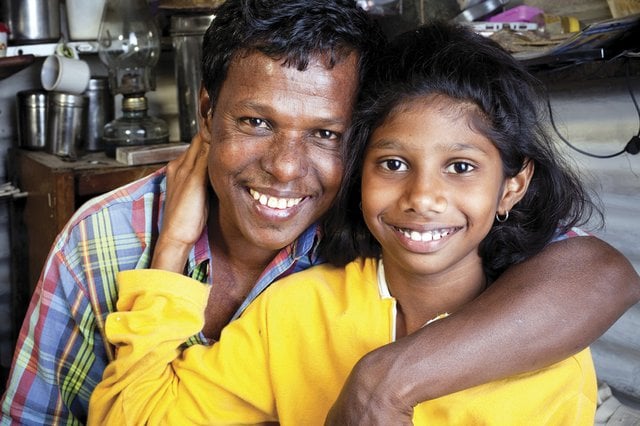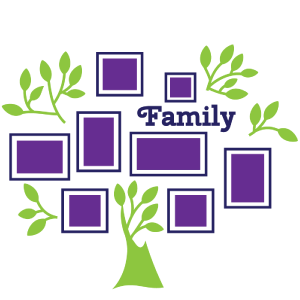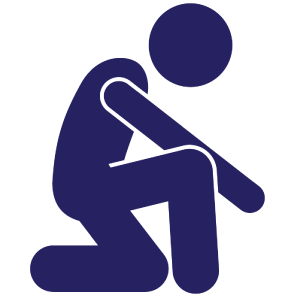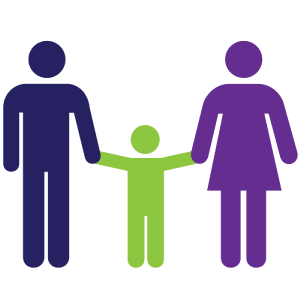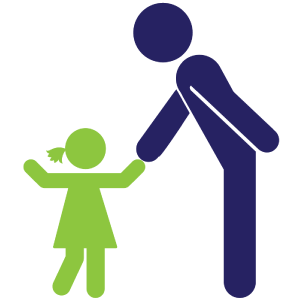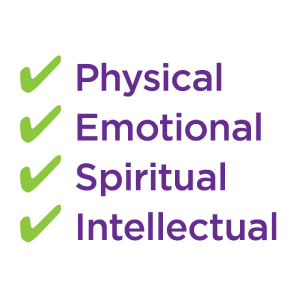01.1 What to Know
What most affects how you raise and care for your children? If you said, “The effect of the family I grew up in,” you hit the nail on the head. The family you grew up in is called your “family of origin,” because it’s the family in which you began your life.
Who in your family was the most powerful force in your life? Perhaps it was your dad. If so, his impact on you started, quite simply, with his presence, or lack of it. The amount and quality of the time he spent with you increased or decreased the impact of his presence. Your dad’s impact might have been mostly good or bad, likely a little of both.
What knowledge or skills about being a dad did he transfer to you? Maybe he was a “show me” dad rather than a “tell me” dad. Either way, you learned about raising a child by what he did and said, and by what he didn't say and do.
On the other hand, perhaps your mom was the most powerful force in your life. A mom often is in a family where the dad worked all the time, was never known, walked out on the family, or died. Perhaps your uncle or an older cousin stepped in to serve as a “father figure.”



